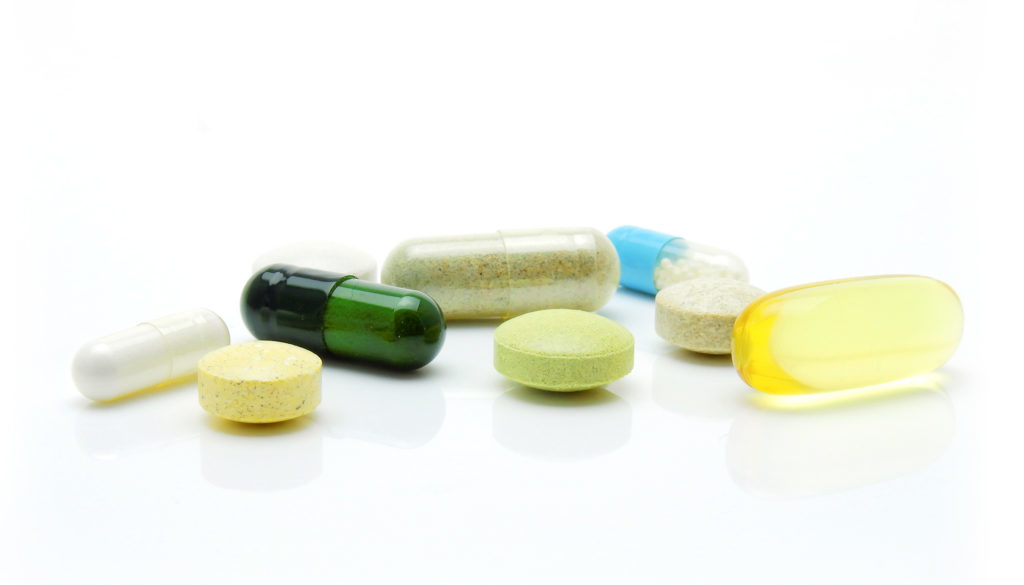Travelling with Medications
Travelling can be stressful, especially when border officials decide to search through your luggage! Some countries have different regulations for medications commonly used in Canada, so travellers are often concerned about whether they will have any issues travelling with their medications, and how best to pack them. Below you’ll find some helpful tips about travelling with medications so that you can plan ahead and keep your travels worry free!
Quick Tips for Travelling with Prescription Medications
- All medications should be packed in your carry-on luggage in the event your checked baggage is lost or stolen.
- Keep medications in their original containers with your name and medication dose.
- Avoid putting medications into smaller containers or daily-dose containers so that all medications can be easily identified by border officials.
- Prescription medication in liquid form is exempt from liquid restrictions when flying but be sure to present these to the screening officer separate from your carry-on bag.
- Bring enough medication to last your entire trip, plus an extra supply in case you are away longer than expected.
- Travel with a list of your prescriptions, including generic medication names, in case of loss or theft. Translating the names of medications in the local language of your destination can be very helpful.
Needles and Syringes
Bring needles and syringes required for injectable medication in your carry-on luggage. Make sure you have enough for the duration of your trip plus an extra supply, as these items may be difficult to find in some countries. Ensure you carry a letter from your prescribing doctor on the office’s letterhead about the necessity of these types of supplies. You must havethe medication with you that is to be administered by the syringe or needle.
Controlled and Prohibited Medications
Did you know that diphenhydramine, the active ingredient in Benadryl, is a prohibited item in Zambia?! Some commonly used medicaitions in Canada are considered controlled or prohibited in other countries.
Do not travel with any medications that are prohibited in your destination country. If you must travel withcontrolled medications, contact the embassy or consulate of your destination(s) to avoid potential difficulty entering the country with your medications. It is also a good idea to carry a letter from your prescribing doctor on the office’s letterhead to indicate the necessity of travelling with any controlled substances. It may be helpful to translate the letter into the local language and attach it to the original letter.
Cannabis
Cannabis was legalized in Canada in October2018 and is often viewed as a relatively harmless drug. Because of Canada’s relaxed laws surrounding marijuana, some travellers forget that many countries have very harsh laws surrounding this drug. Travelling with cannabis across Canadian and international borders is illegal, even if using it for medical purposes. Don’t be left “high” and dry – leave your weed at home!
Check out our blog about drug laws for examples of some very harsh marijuana penalties worldwide.
Obtaining Medications Abroad
Sometimes the unexpected can happen and you might find yourself needing to obtain medication while travelling. This can happen if your luggage is lost or stolen, if you run out of your packed supply of medication, you need a new medication to treat an illness, or you need to change a medication (e.g. changing antimalarial medication).
Medications in developing countries can often be unreliable. The World Health Organization estimates:
- 10-30% of medications in developing countries may be counterfeit
- up to 35% in Africa and India may be counterfeit
Some counterfeit medications can have additives that affects the potency of the medication, dangerous additives that can cause a reaction, or less of the active ingredient than labelled. Mislabelling can also occur causing dosing errors. When obtaining medications, be suspicious of cheap brand products, check that the medications are in their original unopened container, and check the container for misspelling, poor print, or expired dates. Avoid purchasing medications in open markets, street vendors, or businesses that do not look legitimate, or purchasing directly from physicians in developing countries. The most reliable pharmacies in developing countries are likely to be hospital pharmacies. We recommend purchasing prescriptions and over the counter medications in Canada before you depart.
For more information on finding reliable medical care and medications while travelling, visit our blog.
TravelSafe Clinical Educator – Kristin Cain, RN, BSc, MSc(A)



